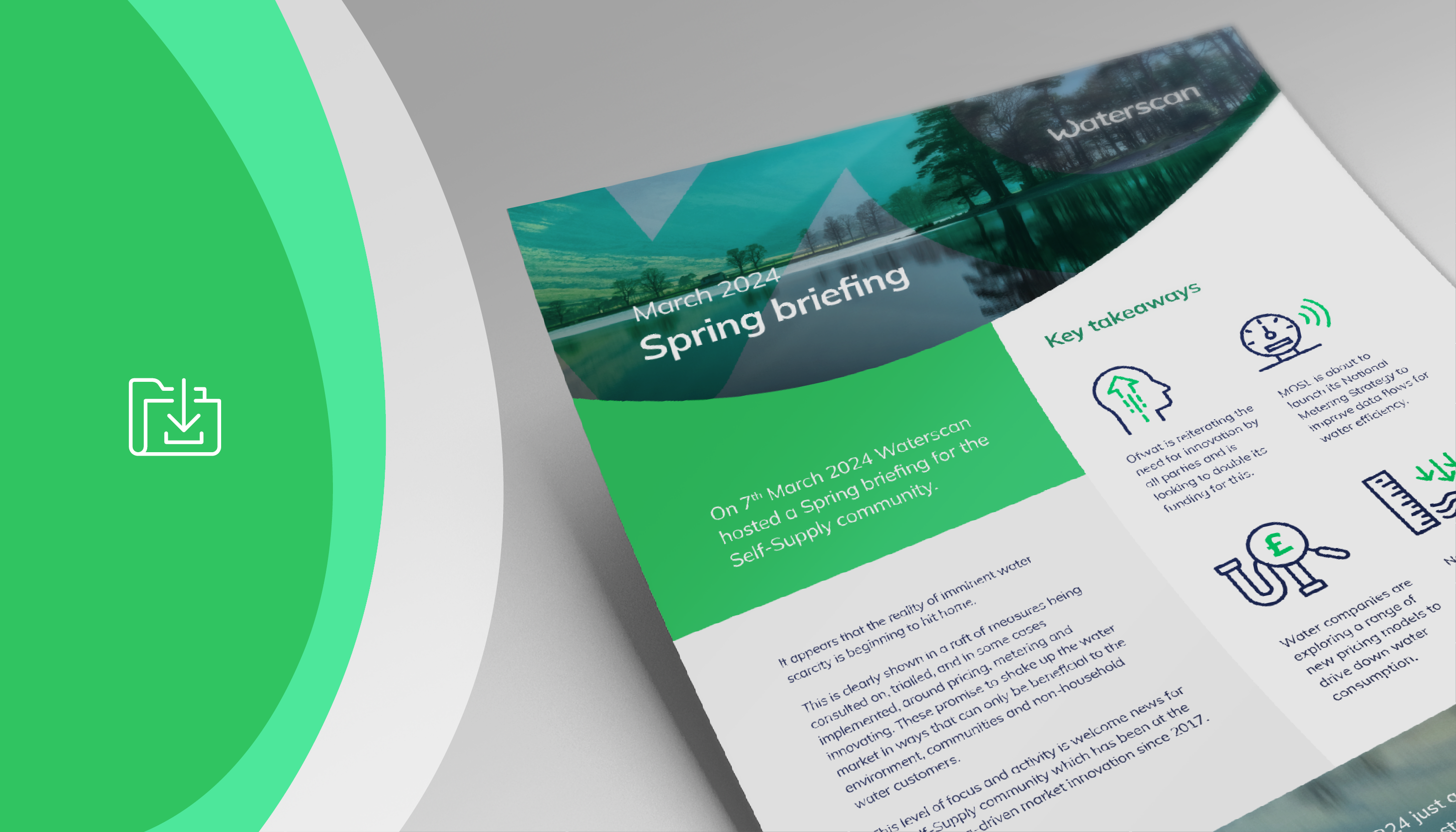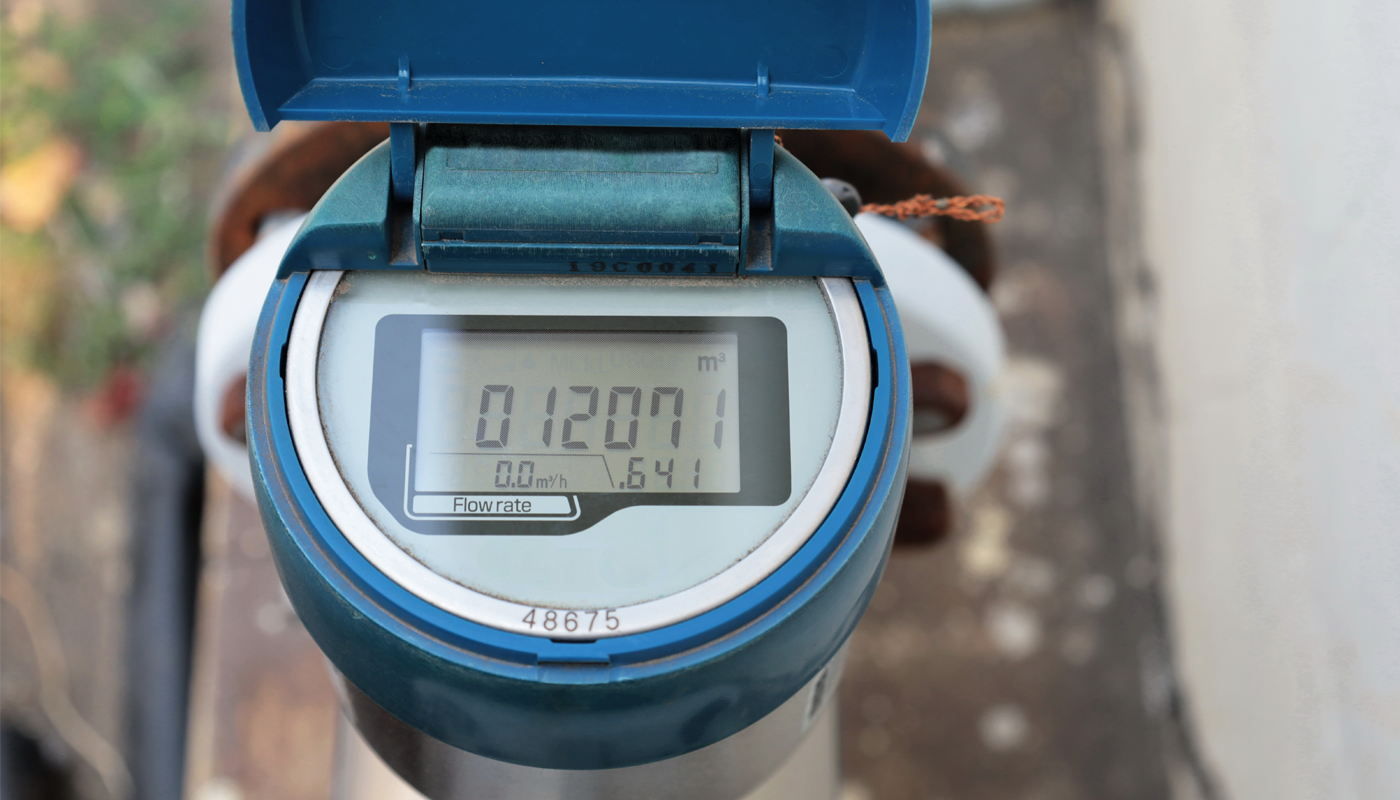If the number of column inches given over to dwindling water resources is anything to go by, the summer of 2022 has been an unwelcome wake-up call for reporters and readers alike.
It has been a very long time since alarm bells over water security rang so loudly. And no wonder when, by the end of August, the Environment Agency declared that 11 out of its 14 areas, including the whole of infamously ‘wet Wales’, were in drought status and this remains the case as we write in early October with most reservoirs either notably or exceptionally low.
Most media attention was focused on how best to manage household water use, so you could be forgiven for assuming that commercial operations continued standard operating procedures unimpeded. But what was actually happening on the ground for UK businesses?
The large companies that we work with experienced a variety of challenges. Some had to work with low water pressure which in turn impacted productivity. Several faced issues with reduced water quality. Others experienced problems in the management of trade effluent quality. For most, because drought conditions were accompanied by extremely hot weather, each day was a tricky balance between keeping employees and customers feeling cool, hydrated and happy while trying not to compound the geological imbalance. Almost all were alarmed about the potential for flooding, an inevitable risk that follows on from parched ground, and a risk that grew ever more likely with each dry day.
We responded by keeping our customers informed about the specific risks they faced in their catchments and began issuing drought bulletins to help them to mitigate these challenges effectively in the short term. Looking ahead, because we know that this drought situation isn’t going away, we are working to persuade water Wholesalers to improve the efficiency and targeting of incident notifications to businesses (before they hear about an incident that affects them on the national news!). Securing a more efficient process for these communications will enable all affected premises to proactively manage and adapt to the situation until it has passed.
The bigger picture though, is that behaviour change across the vast majority of the UK’s non-household water users was negligible. No amount of media coverage of dried-up reservoirs prompted a meaningful efficiency drive, and no statutory enforcement was forthcoming on this occasion.
But what could happen? What power do water companies actually have to preserve the integrity of supply?
Every water Wholesaler has a specific regional water management plan which spells out the steps that it can take when water levels are low. However, the approach is largely consistent in four stages: the first stage is a temporary use ban, then a drought order, before the introduction of a non-essential use ban (which will have a massive effect on industries such as leisure) and finally, an emergency drought order which effectively gives water companies carte blanche to choose who gets water and who does not.
Generally any restriction on water use is very much frowned upon. So, when it actually happens, we can be sure this isn’t a decision that’s been taken lightly or without considerable collaborative insight into what climate patterns lie ahead. It’s also important to note that the escalation from stage one to four of restrictions can happen very quickly; we could experience months of dry weather before temporary use bans are introduced, but thereafter, escalations tend to be rapid.
Since most UK businesses are almost 100% dependent on wholesale supplies, this rapid escalation can be potentially disastrous for those that do not consider water as a substantive commercial risk and do not have a resilience strategy in place. Indeed, water is now seen as a significant investment risk, leading to a greater emphasis on water reporting, and calls for greater corporate governance on the issue.
So, what’s the outlook?
Both for the coming year and, with the impact of climate change, for the coming decade, a complete gear change is needed for how water companies and all water users, from farmers to households, think about how they use water and understand its fundamental value.
Sir James Bevan, Chief Executive
Looking further ahead, Water UK expects that total water supply will be 7% lower in 2045 than in 2022, as a result of climate change and limits to sustainable abstraction. It predicts that water restrictions due to drought are now twice as likely as they were previously. The effects of this reduction in supply will be exacerbated by significant predicted growth in demand.
British businesses may have survived the summer of 2022, but the signals could not be clearer; we’re not out of the woods yet and right now is the time to prepare for next year, and the year after and the year after.
Water is a renewable, but finite, resource. The business risks associated with this are real, now and accelerating fast. If you’ve not already, it’s time to wake up to water.
When planning for operational resilience, consider the five M’s:
It’s a straightforward approach, but if implemented consistently and effectively, could lead to meaningful savings.





